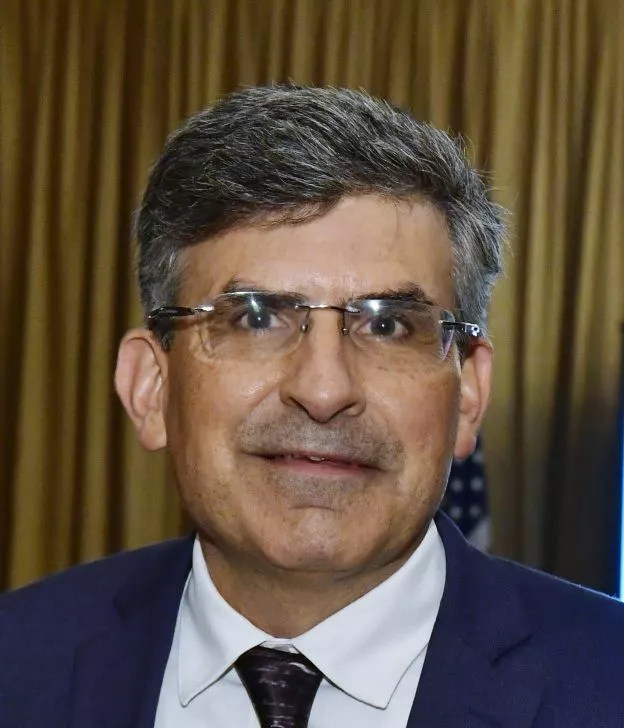
The Education Exchange: The Rational Case for Loving America
Using “reflective patriotism” to teach history can restore a lost appreciation for country.
American elites’ continuing descent into polarization and the ongoing disintegration of civic culture and institutions highlight the need for educational leaders to learn from national consensus efforts in civics reform that have been forged by experts from the center left and center right.
From a conservative perspective, this requires center-left colleagues to recognize the drawbacks of prioritizing civic engagement over civic education, the latter encompassing fundamental knowledge and civic virtues.
The recent study Educating for American Democracy provides a balanced view of a national consensus framework for improvements that can be undertaken by states and localities, emphasizes civic knowledge and civic virtues as the foundation of informed participation, and features Tocqueville’s concept of “reflective patriotism” as indispensable to a healthy American constitutional democracy.
I argue that if American elites do not invest in such preparation for informed, committed citizenship, we risk the kind of self-inflicted crisis that Lincoln addressed in 1838 when he warned of an impending national “suicide.”
Paul Carrese, a Professor in the School of Civic & Economic Thought and Leadership at Arizona State University, joins Paul E. Peterson to discuss how civic education is taught, and improvements that can be made by state and local leadership in education.
